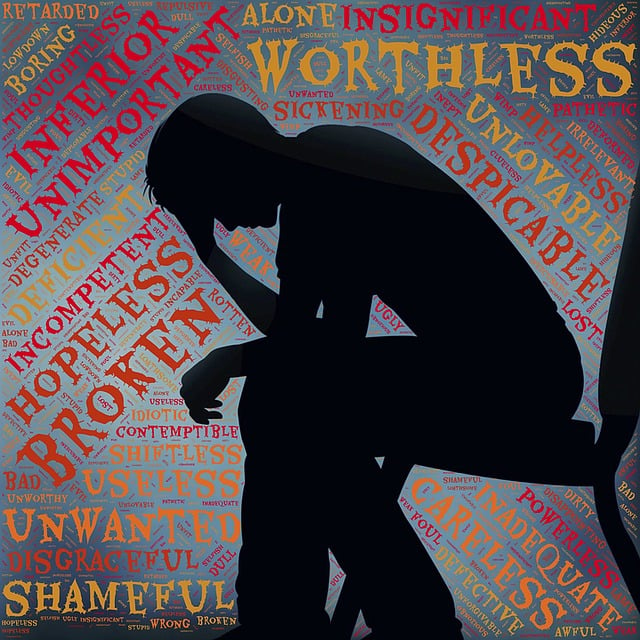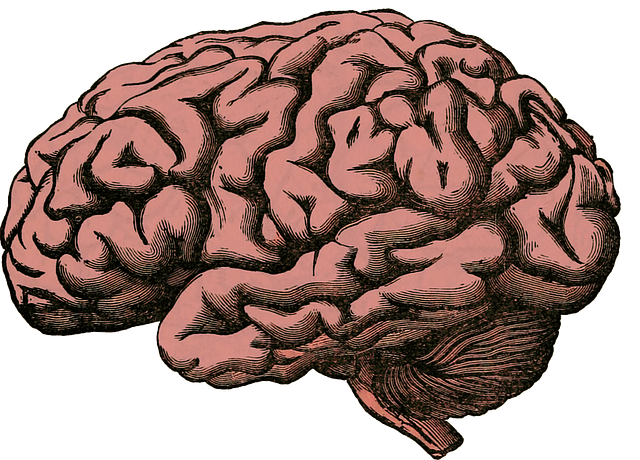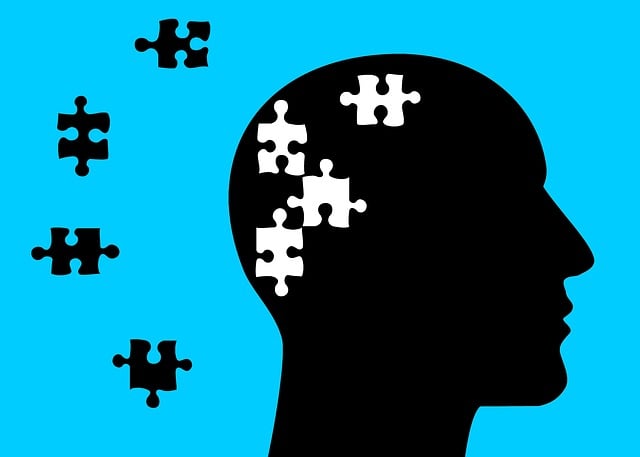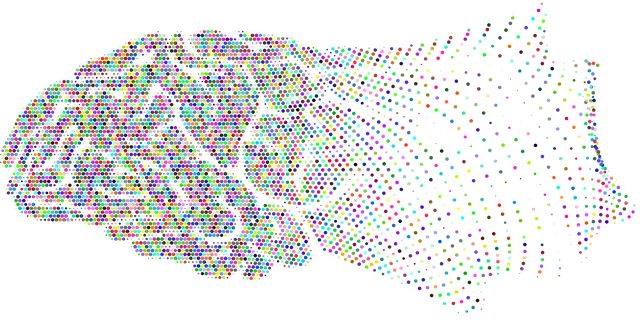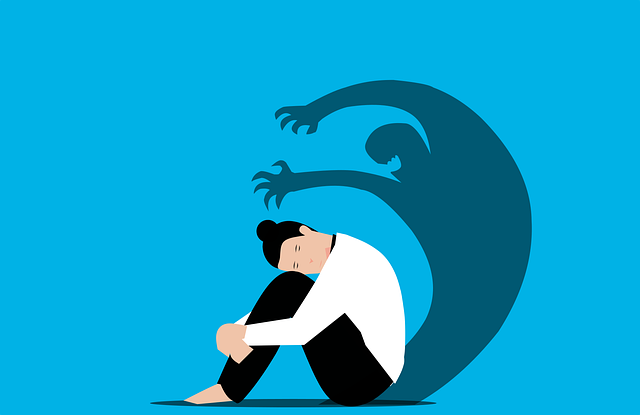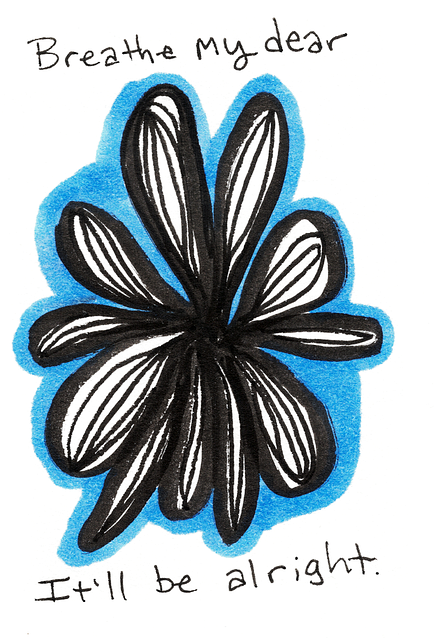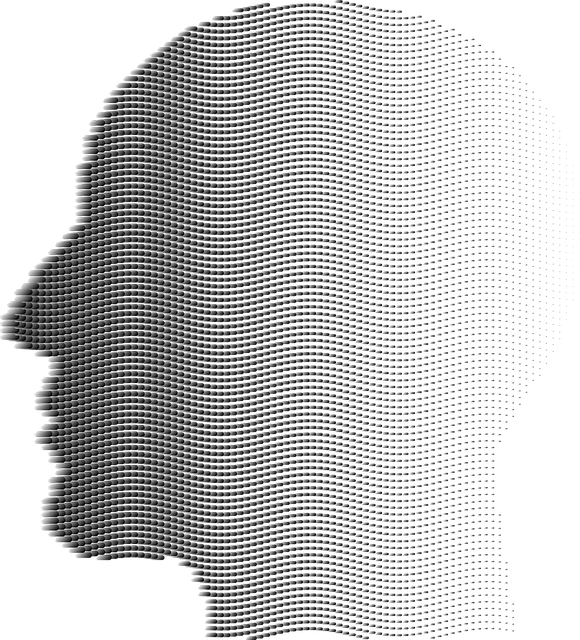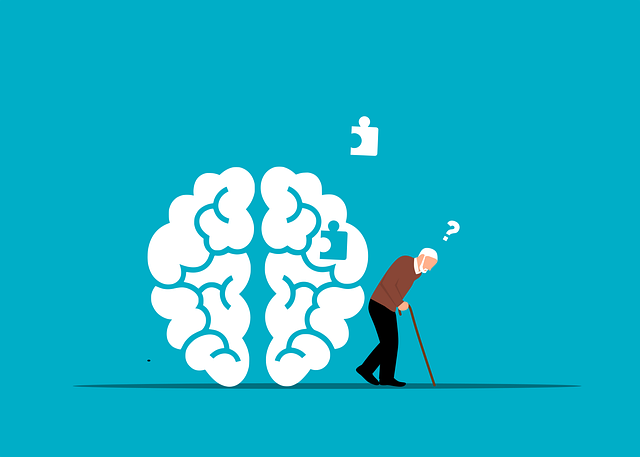Media portrayal significantly shapes public understanding of mental health, with accurate and sensitive depictions fostering awareness and empathy, while stereotypes perpetuate misconceptions and marginalization. Boulder Dialectical Behavioral Therapy (DBT) offers guidance in navigating this influence by emphasizing mindfulness, emotional regulation, and critical media engagement through practices like Mental Wellness Journaling Exercises. These approaches empower individuals to challenge negative stereotypes, reduce mental illness stigma, and promote a more nuanced understanding of mental health complexities. Collaboration between therapists, media professionals, and influencers is crucial for improving mental health policy, advocacy, and healthcare provider training, ultimately destigmatizing mental health issues.
Mental illness representation in media significantly impacts public understanding of mental health. This article explores strategies to challenge stigmatizing portrayals and promote accurate, empathetic representations. We delve into the role of Boulder Dialectical Behavioral Therapy (DBT) as a solution, providing evidence-based techniques for fostering positive change. By fostering collaboration between therapists, media professionals, and influencers, we can empower more realistic mental illness depictions, enhancing awareness and reducing stigma.
- Understanding the Impact of Media Portrayal on Mental Health Awareness
- The Role of Boulder Dialectical Behavioral Therapy (DBT) in Promoting Accurate Representation
- Strategies for Collaboration: Therapists, Media Professionals, and Influencers United
- Empowering Positive Change: A Call to Action for More Realistic Mental Illness Depictions
Understanding the Impact of Media Portrayal on Mental Health Awareness

Media portrayal plays a significant role in shaping public understanding of mental health, and its impact on individuals’ perceptions cannot be overstated. When media depicts mental illness accurately and with sensitivity, it can serve as a powerful tool for raising awareness, reducing stigma, and fostering empathy. Conversely, stereotypical or inaccurate representations can perpetuate harmful misconceptions, leading to further marginalization of those facing mental health challenges. For instance, the portrayal of individuals with bipolar disorder as moody and unpredictable, without conveying the complex symptoms and treatment journeys, contributes to an oversimplified narrative that hinders understanding.
In this context, initiatives like Boulder Dialectical Behavioral Therapy (DBT) offer valuable guidance for navigating media’s influence on mental wellness. DBT programs emphasize mindfulness and emotional regulation skills, encouraging individuals to critically engage with media content related to mental health. By promoting self-reflection through practices such as Mental Wellness Journaling Exercises, these therapy approaches empower people to challenge negative stereotypes and contribute to mental illness stigma reduction efforts. Moreover, the focus on emotional well-being promotion techniques can help individuals develop resilience when encountering biased media representations, fostering a more nuanced appreciation of mental health complexities.
The Role of Boulder Dialectical Behavioral Therapy (DBT) in Promoting Accurate Representation

Boulder Dialectical Behavioral Therapy (DBT) plays a pivotal role in shaping more accurate and empathetic representations of mental illness in media. This therapy approach, renowned for its effectiveness in treating complex emotional disorders, offers valuable tools to both individuals and creators. By focusing on crisis intervention guidance and inner strength development, DBT fosters understanding and reduces the pervasive stigma associated with mental health struggles.
Through collaborative efforts, therapists employing Boulder DBT techniques can work with media professionals to ensure narratives that reflect the reality of lived experiences. This involves educating writers and producers about the nuances of various mental illnesses, thereby discouraging stereotypical or sensationalized portrayals. By integrating these insights into their work, media platforms contribute significantly to Mental Illness Stigma Reduction Efforts, ultimately fostering a more compassionate society where individuals can openly discuss their challenges without fear of judgment.
Strategies for Collaboration: Therapists, Media Professionals, and Influencers United

Addressing mental illness representation in media requires a collaborative effort between therapists, media professionals, and influencers. One powerful strategy is to foster partnerships where expertise intersects. Therapists can provide insights into the nuances of various mental health conditions, ensuring accurate portrayal. Media professionals, with their storytelling prowess, can create engaging content that raises awareness while avoiding harmful stereotypes. Influencers, leveraging their significant reach, can amplify these messages, sharing personal stories and experiences to humanize mental illness.
These collaborations can drive impactful mental health policy analysis and advocacy, leading to improved healthcare provider cultural competency training. By working together, they can shape public discourse, develop effective public awareness campaigns, and ultimately destigmatize mental health issues, much like the growing acceptance of physical health challenges in contemporary media. For instance, initiatives inspired by practitioners like those offering Boulder Dialectical Behavioral Therapy can find a wider audience when promoted through such united fronts.
Empowering Positive Change: A Call to Action for More Realistic Mental Illness Depictions

In today’s digital era, media has a profound impact on shaping societal perceptions, especially when it comes to mental illness. It’s time to challenge the often-stigmatized and inaccurate representations that dominate screens and pages. By advocating for more realistic portrayals, we can empower positive change and foster understanding. The way mental illness is depicted in media significantly influences public opinion and the support systems available to those struggling.
A crucial step towards improvement is encouraging creators to embrace complexity and authenticity when addressing these topics. This involves showcasing a range of experiences, from overcoming challenges with effective coping skills development to celebrating recovery journeys that include setbacks and relapses, much like the process of Boulder Dialectical Behavioral Therapy (DBT) emphasizes emotional regulation and confidence-boosting strategies. Realistic depictions can help reduce the stigma surrounding mental health, inspiring viewers to seek support or offer understanding to those around them.
Mental illness representation in media is a powerful tool for shaping public perception and promoting mental health awareness. By collaborating and advocating for accurate, nuanced portrayals, therapists like those practicing Boulder Dialectical Behavioral Therapy (DBT) can lead the way towards a more empathetic society. Through united efforts, we can challenge negative stereotypes, foster understanding, and ultimately, empower positive change in how mental illness is depicted and discussed in our media landscape.

